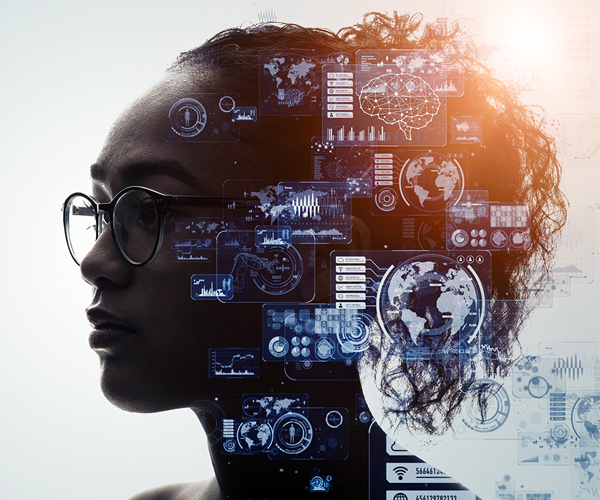On March 8th, the world marked International Women’s Day (IWD) under the campaign theme ‘Inspire Inclusion.’ This theme was set against a backdrop of reflection as the world approaches the halfway mark towards the 2030 Agenda for Sustainable Development.
The UN Women report “Progress on the Sustainable Development Goals: The Gender Snapshot 2023” gives us cause for concern. If current trends continue, over 340 million women and girls will still live in extreme poverty by 2030. We therefore need to accelerate our pace by 26 times to reach the No Poverty goal by 2030.
Additionally, it is estimated that one in four women and girls are expected to be moderately or severely food insecure by 2030. This is in a world where 80 percent of the global population will live across Africa and Asia.
We are also in the early days of developments in the emerging technologies universe such as robotics, biotechnology, and the sometimes-controversial artificial intelligence (AI) all fueling a fourth industrial revolution. If deployed effectively and responsibly, these technologies can be powerful accelerants to hasten growth and productivity.
The United Nations Economic Commission for Africa estimates that AI alone could inject US$1.5 trillion into the African economy by 2030. Unlike in the past where women were locked out of major conversations, they are now at a vantage position to proactively shape the new world order.
The world of AI presents women with a tremendous opportunity to not only inspire inclusion but to compel inclusion for groups that continue to be excluded through poverty, disease, and education.
Science, technology, engineering, and mathematics (STEM) skills will be in high demand in this new AI world. Unfortunately, the uptake of STEM courses in Africa has been extremely low with less than 25 percent of higher education students pursuing STEM fields, of whom less than 30 percent are women.
While the scarcity of an AI ready workforce in Africa is a cause for concern, it also presents a huge opportunity for women to inspire inclusion. Women must play a leading role in transforming Africa’s youth – projected 362 million young people between 15-24 years by 2025 – into a highly skilled AI ready workforce.
Source: CIO AFRICA



